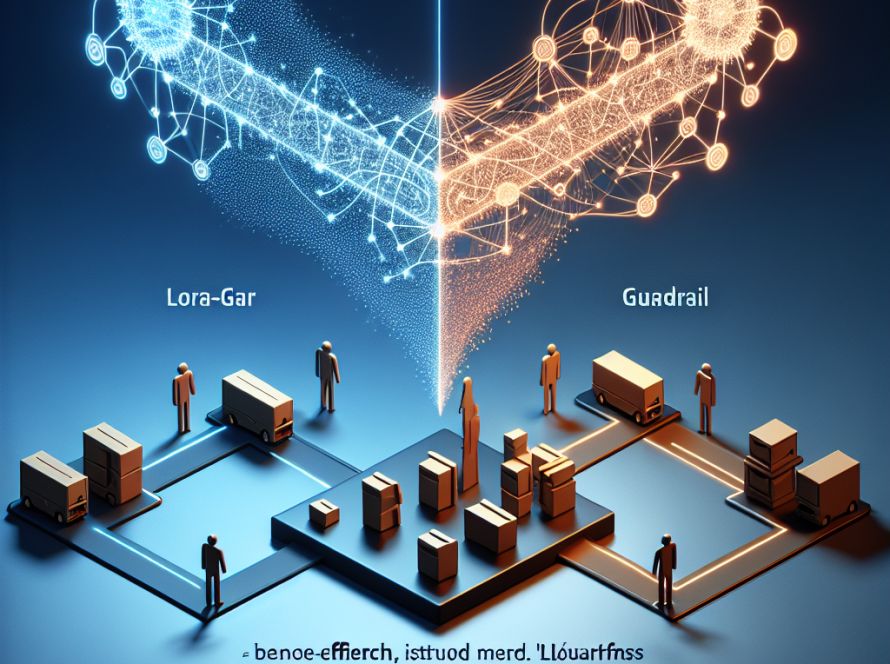Microsoft Research has recently unveiled AutoGen Studio, a groundbreaking low-code interface meant to revolutionize the creation, testing, and implementation of multi-agent AI workflows. This tool, an offshoot of the successful AutoGen framework, aspires to democratize complex AI solution development by minimizing coding expertise requirements and fostering an intuitive, user-friendly environment.
AutoGen, initially introduced in September 2023, is a multi-functional, open-source Python-based platform. It allows the configuration and management of AI agents, making it possible to facilitate multi-agent applications. This framework quickly became popular among developers, researchers, and hobbyists, who employed it to develop creative applications across several sectors, including market research, education, and medical data analysis. AutoGen Studio built upon the flexibility and robustness of AutoGen, augmenting the user experience with a simplified low-code interface for constructing and customizing AI agents and workflows.
AutoGen Studio boasts several vital features, including a low-code interface represented by a graphical user interface that enables users to build, test, and deploy multi-agent workflows with minimal programming. It allows users an array of predefined agents to choose from and compose into task-specific teams. The graphical interface facilitates further workflow customization with foundation models, prompts, skills, and workflows. The platform also offers export and deployment options, such as exporting agent workflows as JSON configuration files for integration into any Python application.
Aiming to foster collaboration, AutoGen Studio enables users to share, discover, and learn from one another’s workflows, agents, and skills. Moreover, the platform emphasizes responsible AI by incorporating features, such as support for Docker environments that ensure safe and controlled agent operation settings.
Since its early release, AutoGen Studio has piqued considerable interest. From January to May 2024, PyPI recorded over 154,000 downloads of the software. Developers have already begun using AutoGen Studio to prototype diverse applications, placing it as a potential game-changer in the development of complex AI applications by lowering the entry barriers.
AutoGen Studio is a significant leap in the evolution of multi-agent AI application development. The platform demonstrates the ability to foster accessibility and responsible AI development by providing a low-code environment and promoting a collaborative community. As AutoGen Studio grows, it is set to establish itself as a crucial tool for both academic researchers and professional developers keen on exploiting the capabilities of multi-agent AI solutions.


